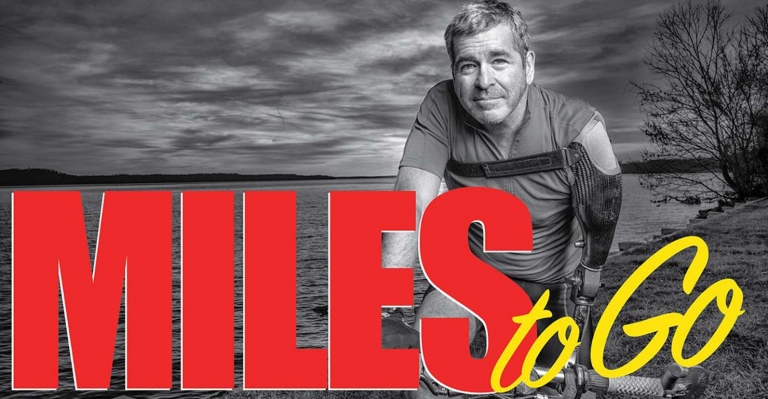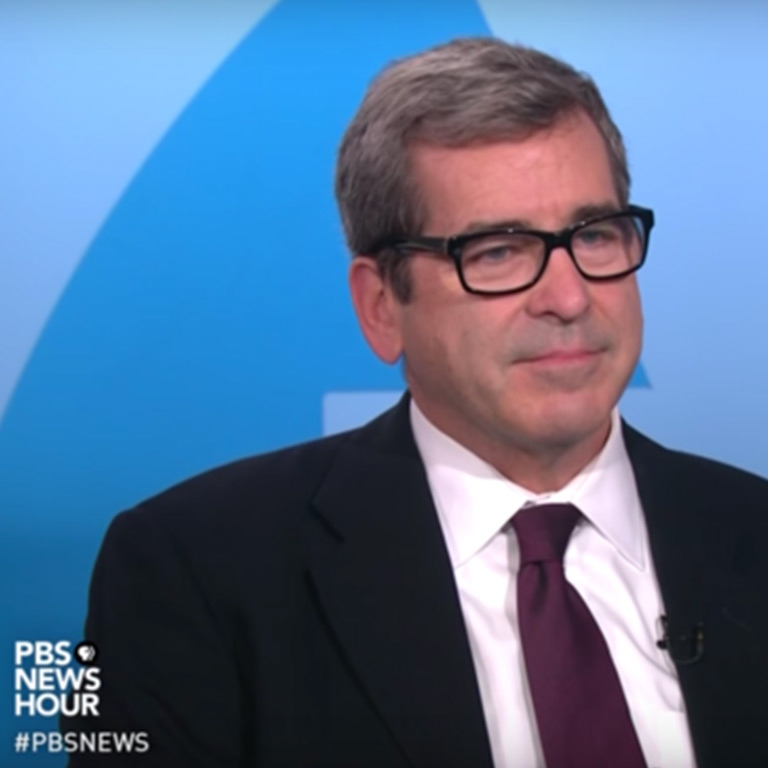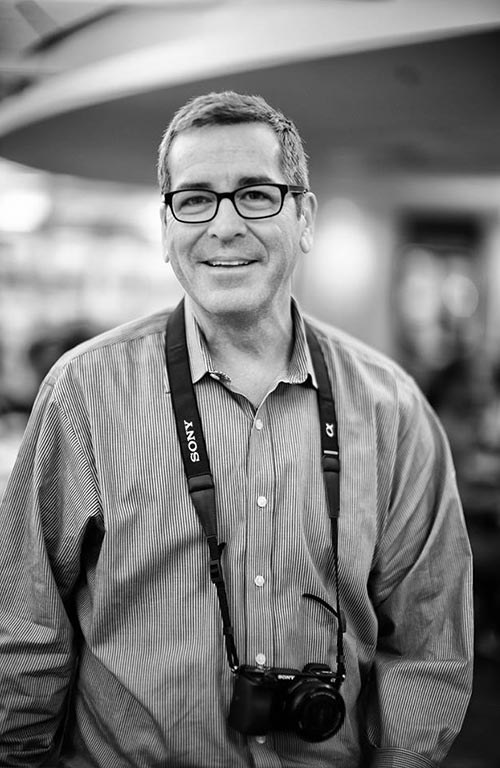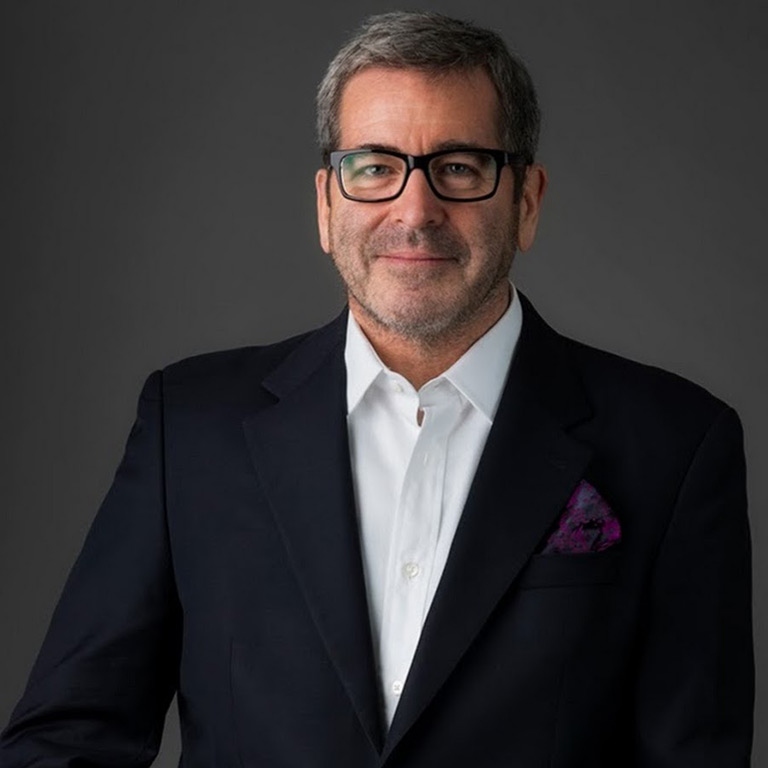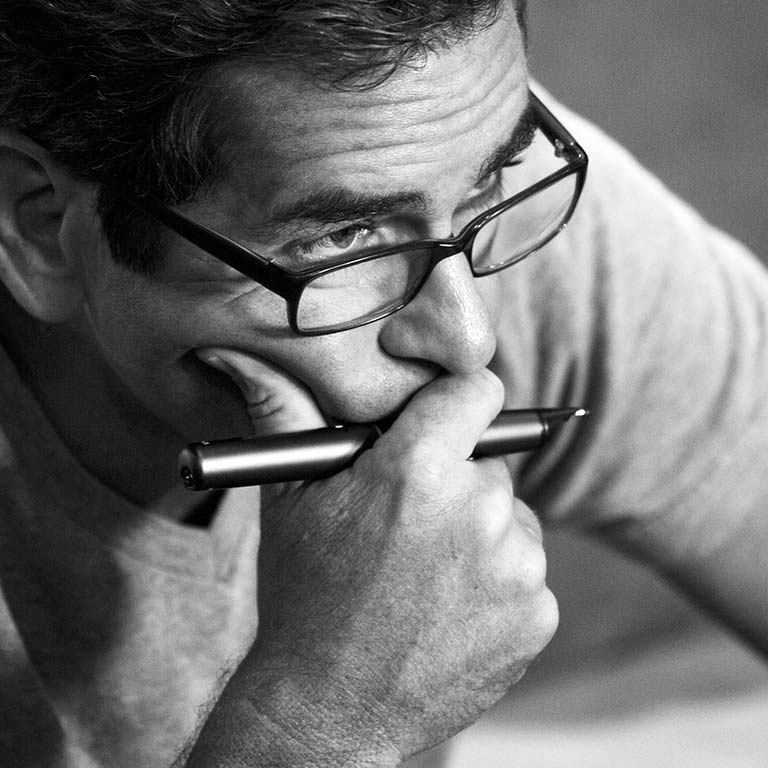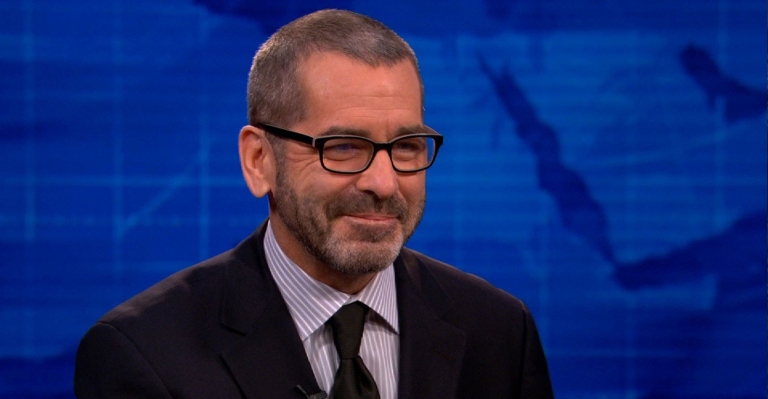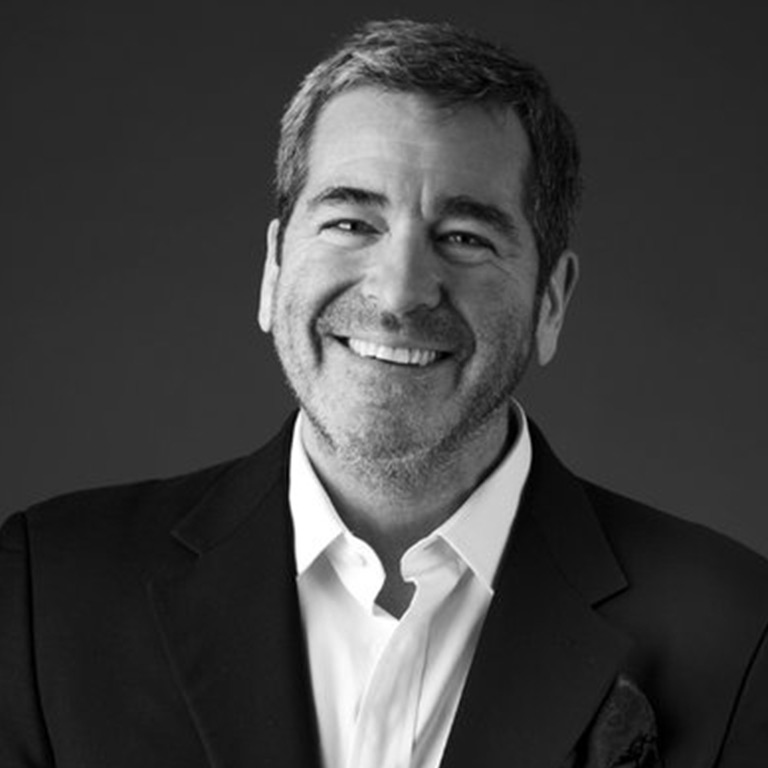About
What can you say about a man who has done it all? He’s hiked the Denali glacier, trekked to the Ebola hot zone of Western Africa, done an aerial interview with John Glenn while piloting a small plane, toured the damaged reactors of Fukushima, anchored a CNN morning show, and trained with NASA to become the first reporter in space.
No, this isn’t a Dos Equis’ commercial for The Most Interesting Man in the World, this is the real life dedication to science, technology and aerospace journalism that Miles O’Brien lives every day.
For thirty years, Americans have tuned in to watch, learn and be amazed by the most important and interesting stories happening in science today told with the insight, honesty and humor that only Miles brings to his work.
For nearly seventeen of those years, Miles was a staff correspondent for CNN and the anchor of various programs, including American Morning. After CNN, he started MOBProd as an independent way to pursue science storytelling. He became the science correspondent for the PBS NewsHour and began to grow the MOBProd team.
Since then he’s produced and directed independent science documentaries for NOVA, been a correspondent for PBS documentary series FRONTLINE and produced the Science Nation series for the National Science Foundation. And, not surprisingly, he’s picked up a few awards along the way including several Emmys, a Peabody, and a DuPont for his coverage of Hurricane Katrina and its aftermath.
While on assignment in 2014, a heavy equipment case fell on Miles’s forearm. He developed acute compartment syndrome, which necessitated the emergency amputation of his left arm above the elbow. But if you think that’s slowed him down, you’d be sorely mistaken.
Not only has his reporting and producing continued to grow steadily, he’s taken on new physical challenges completing numerous “century rides” on his bicycle, running two marathons, and recently finishing a triathlon.
Still, it’s safe to say that whatever Miles is doing, he’d rather be flying. An avid aviator, he’s logged over 2,500 hours of flight time and looks forward to returning to the skies on his own soon.
Programs
Overcoming Adversity & Dealing with Change
Miles O’Brien is the perfect person to address your audience and motivate your people as they grapple with the sea of change that surround them every day.
From the anchor desk to the field, for more than two decades, Miles has made it his business to cover the leading edge of scientific and technological change, no matter the challenge in reporting the story. Dealing with enormously shocking tragedy live on air during the Columbia disaster, getting tipsy on the job to report on the genetics of alcoholism, battling secrecy and exposure to radiation to report on the impact of the Fukushima Daiichi meltdown after the Japanese tsunami- it’s all in a day’s work for Miles. He approaches every challenge and obstacle he faces with poise, professionalism, humor and most of all a great strength of character and conviction.
Most recently, Miles’ reporting has turned personal. Shockingly, while reporting overseas he suffered a seemingly small injury that lead to the emergency amputation of his left arm. He’s now drawing deeply from his past experiences and his personal strength to overcome the challenges of dealing with the sudden loss of a limb.
Miles’ compelling stories are sure to engage any audience. The bottom line theme: change really can be good – even though it doesn’t always feel that way when it happens. And, even the most seemingly insurmountable obstacles can be overcome with perseverance.
Moderator/Master of Ceremonies
O’Brien’s experience and background in the fast-paced world of television news -coupled with his passion and knowledge about space, aviation, science and the need to improve STEM education in the United States – make him a perfect master of ceremonies or moderator for meetings or galas that focus on science and technology policy. He is used to thinking on his feet and can make your meeting more memorable.
Fun & Engaging Customized Multimedia Talks
Miles is open to crafting custom speeches in the areas of space, aviation, science, technology, media & journalism. Please inquire if you have a specific topic you would like to have him speak on. Some ideas for custom-tailored talks that he’s given in the past include:
- The tectonic shifts in the media business: through his personal story, he can talk about the decline of mainstream media – and the rise of media by of and for the masses. With searing, personal analysis, supported by humorous anecdotes, he tells audiences how best to respond – and thrive – in the face of big, fundamental change. And how best to deal with a drastically changed media landscape. O’Brien says the “barbarians are inside the palace gates – and all the rules are changing. But there are big opportunities for those who understand how.”
- How the media covers risk – and how those who are involved in risky endeavors should manage their story – not run from it. “It is essential to tell your own story – good or bad,” says O’Brien. “Nature abhors a vacuum and the media will fill it with fiction.”
- How green revolution can lead to some “green” – O’Brien has covered green technologies for nearly 20 years and has an amazing breadth and depth of insight in this sector. His speeches include excerpts of interviews and stories he has gathered over the years to illustrate his points. “Green is the new green,” says O’Brien. “If Americans don’t get that soon – China will be the home of all the innovation as we move away from fossil fuels into this exciting cleaner world.”
- The new space revolution – O’Brien has been on the front row of a sea change in space. It goes without saying that he knows NASA, its engineers, scientists and astronauts very well. But he also knows the young, bold entrepreneurs who hope to turn space into a real business. He bemoans the fact that only about 500 people have ever traveled in space since the first launches 50 years ago. “We should be flying 500 people a week – and it will happen before too long, unless political forces block some key changes in the way NASA does business.” says O’Brien.

